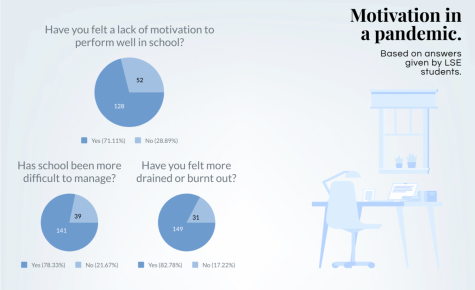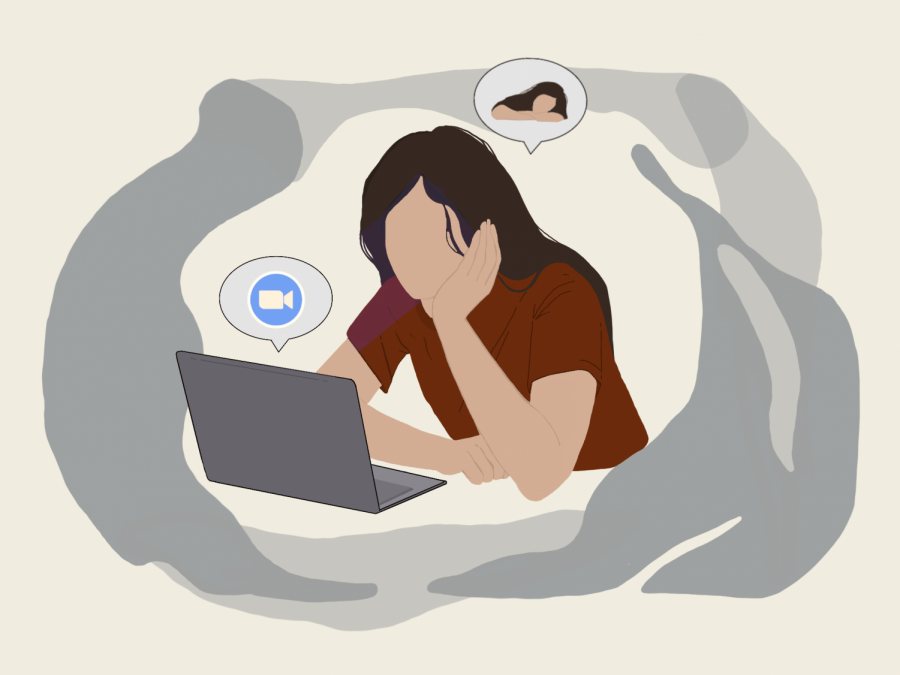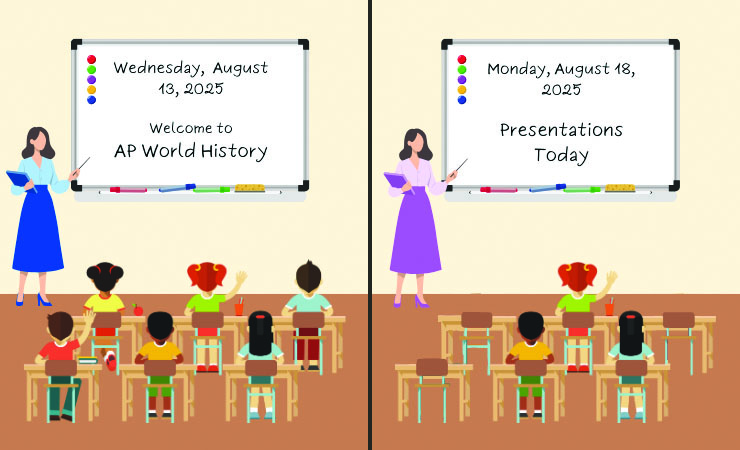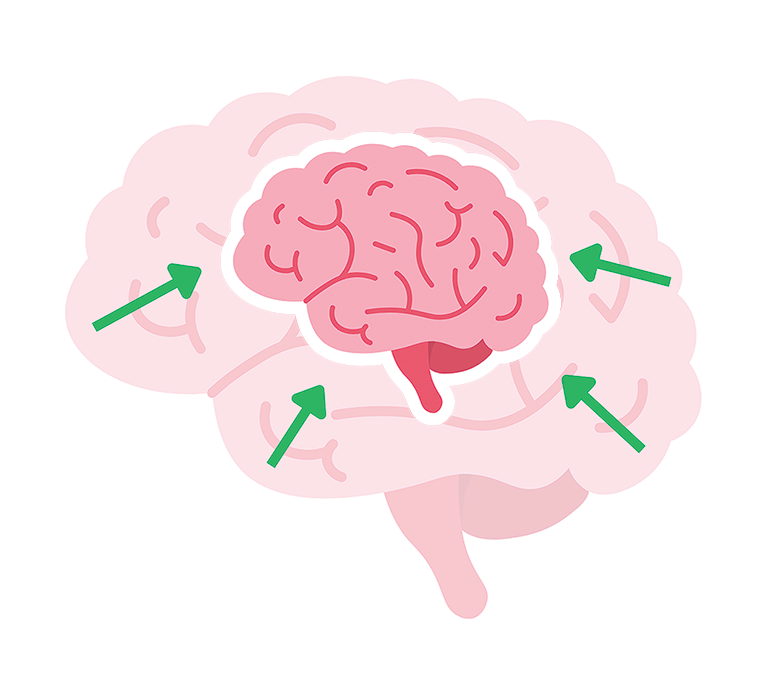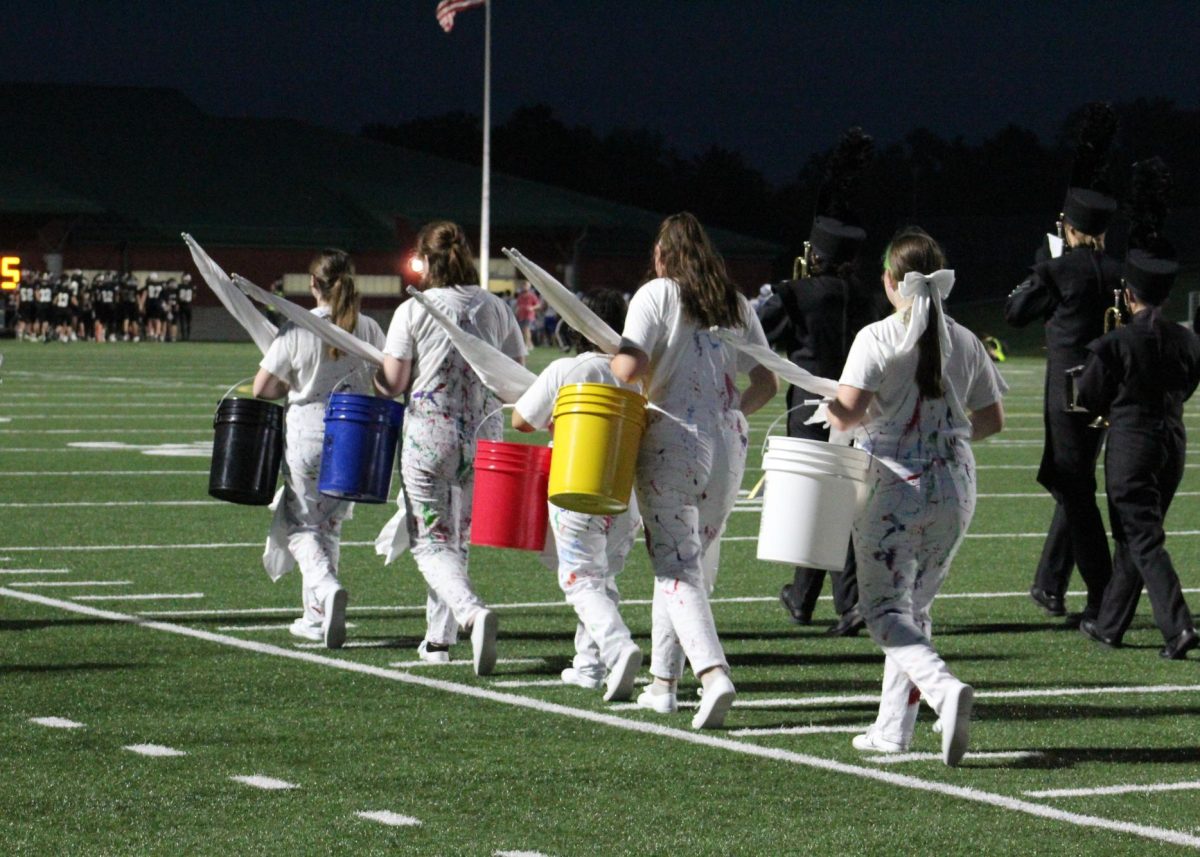Motivation in a pandemic: How students are doing with a lack of it
January 5, 2021
After months of confinement to keep people safe, getting back to a routine has been more challenging now than ever before. As people isolated themselves and stepped away from normality for a period of time, they felt as if they had all the time in their hands, but this backfired significantly for many, especially students and staff. Maintaining and finding motivation to complete even the simplest tasks have been increasingly difficult to pull themselves to do it. Where has the motivation and positive emotions gone in a time people need them most?
COVID-19 started to make its way into states across the country at the beginning of the exhausting 2020 year, but didn’t significantly affect people until March. Lincoln Public Schools (LPS) students were sent off to enjoy spring break without knowing they were not going to return back for the rest of the school year. The changes that were occurring throughout the rest of the school year and into summer break made or broke students’ motivation and routine.
As the new school year approached somewhat rapidly, LPS decided to send students back to school, but with a few options. They developed a plan that allowed for high school students to attend school on a 3/2 schedule, if they so chose to. With the 3/2 schedule, students were split into two groups by last names and would only be allowed to attend school in-person half the time. The alternative was to go full-remote, Zoom-learning, and stay at home. The new adjustments made this school year more difficult than other ones, especially when it came to the motivation of students.
Lincoln Southeast High School (LSE) Social Worker Gretchen Baker said that the district has been, and still is, concerned about the circumstances and adjustments to help students be safe and healthy. Students were not prepared for the changes that were occurring as the virus became more of a serious danger to the public.
“We were concerned about students in March when everyone was working from home. I think at that point, we were not prepared to not be in school. Kids were missing out on activities, sports, prom, graduation, etc. and this caused a lot of concern. It felt like everyday brought a new challenge for kids and we were trying to find new ways to help them,” Baker said.
Students of all ages faced challenges from the virus in one way or another. Many missed out on sports, celebrations, competitions and making new memories overall. People have had to experience and push through challenging times, which affected their feelings. For sophomore Nick Herbin, the pandemic has made him feel many different emotions. Along with the universal pandemic, school has affected his motivation in a negative way. He feels as if school has been more challenging this year than other years in the past.
“No one listens except for the very few times it happens. No one learns much from the days they’re home. [The work-load] will pile on more and more until we break, until we can’t stop and can’t handle it. Then we have to begin a grueling process to catch up with what we missed, and it’s frustrating,” Herbin said.
Along with the frustrations of Zoom learning and the overwhelming amount of work that has been given to students this year, Herbin inferred that students have no drive to follow through with school at home because of all the distractions they are surrounded with.
“Half of the week is spent at home, where most [people] have videos they’re watching, friends they’re facetiming, Netflix they’re enjoying, etc. There is no one forcing us to turn on our cameras [or] to put our phones away,” Herbin said.
Gretchen Baker has similar beliefs about distractions, too.
“When kids are working at home, it can be hard to stay on task and motivated. It can be very tempting to play video games, watch movies, and/or play on your phone,” Baker said.
There is no one at home motivating students to complete their work or simply log on for their Zoom classes. As a result, students have to rely on their self-motivation to push themselves to get up every morning and log on for school. Unfortunately, self-motivation can be challenging since many people need reminders to do tasks.
An article published by Frontiers in Psychology called, “The Importance of Students’ Motivation for Their Academic Achievement – Replicating and Extending Previous Findings,” written by Ricarda Steinmayr, Anne Weidinger, Malte Schwinger and Birgit Spinath, stated “Motivation is not a single construct, but rather subsumes a variety of different constructs like ability, self-concepts, task values, goals, and achievement motives.” Although many students may have goals set in mind to help assist their academic success, it is difficult to follow through when they are constantly being faced with new changes and challenges everyday because of the unexpected circumstances the COVID-19 virus can cause.
Baker mentioned that motivation amongst students has been a concerning issue before, but with new problems, it’s a topic that has to be addressed more seriously and frequently.
“Motivation has always been a concern for high school students, but it is increasingly worrying with students working from home. This requires a lot of teamwork from the school, the student, and their parents/guardian. We need their support to motivate the student when we cannot be there,” Baker said.
According to a survey answered by 180 LSE students, 71 percent of students have felt a lack of motivation to perform well in school ever since the beginning of this odd, challenging school year.
Luckily for some students, the virus did not have much of an impact on their motivation for school. For junior Marielle Hinchris, she answered that the pandemic did not negatively affect her performance in school drastically.
“I did all of the optional work for my classes April [to] May of 2020, and that did a lot to prepare me for this semester. I feel slightly unmotivated here and there, but I think everyone does. I think it’s so easy to get in the thought process of: ‘it’s literally online, that means it’s optional,’” Hinchris said.
Even though Hinchris’s motivation for school did not change too much, she has felt more isolated and has had a harder time communicating with her peers.
“I have felt extremely disconnected from friends that I don’t necessarily make a huge effort to talk to in the first place. Now, I don’t talk to them at all,” Hinchris said.
Some students have felt a shift in their motivation, but they have tried their best to not let it hurt them too much. For senior Cayden Gonzales, the pandemic has made him feel more worn-out, but he has tried to not let it take a toll on him.
“I would never let my grades slip, and even if I didn’t have motivation, I would still work [hard] for good grades anyways,” Gonzales said.
Gonzales does not deny that this school year has been difficult, but he has been able to try to put in his all for school because he wants to do well.
“While there are times that keeping the at home days and in person days straight is difficult, I keep up on all of my schoolwork without too much trouble,” Gonzales said.
One way or another, COVID-19 has affected people, whether it be good or bad. As the virus continues to be a worldwide pandemic, students will hopefully be able to adjust their routines and emotions in a more positive way. Motivation may be difficult to find around or within students, but pushing themselves is a key to being more productive and fulfilled.
